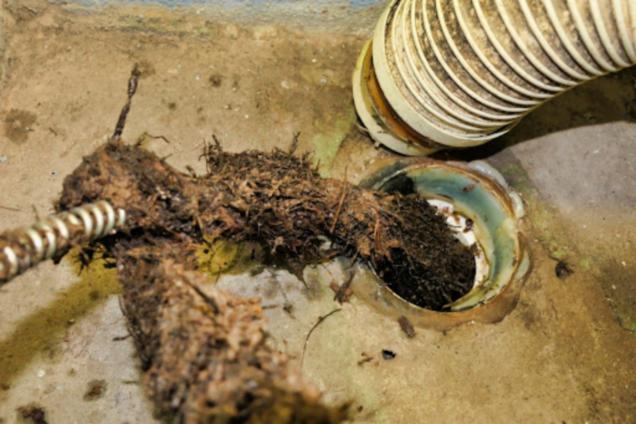
Top Tips for Rainy Season: Preparing Your Home’s Gutters and Plumbing
Inspect and Clean Your Gutters
Regular gutter maintenance plays a crucial role in safeguarding your home from water damage. Gutters act as the first line of defence against rainwater, channeling it away from your roof and foundation. However, if not kept in good condition, clogged or damaged gutters can cause a host of problems. Start by inspecting your gutters for debris and blockages. Look for leaves, twigs, and any other material that might have accumulated.
To clean your gutters, you'll need a sturdy ladder, gloves, a gutter scoop or small trowel, and a bucket or tarp to collect debris. Carefully remove the debris and flush the gutters with water to ensure they’re clear. Don't forget to check for any signs of rust or damage, such as cracks or sagging sections. Maintaining your gutters throughout the season involves periodic checks, especially after heavy rains when debris build-up is more likely. Rainy season gutter preparation is essential to avoid unexpected problems.
Ensure Your Downspouts Are Functioning
Downspouts play an indispensable role in directing rainwater away from your home. If they’re clogged or improperly positioned, you may face water pooling around your foundation, which can lead to serious structural issues. Inspect your downspouts for clogs by running a garden hose through them and observing the water flow. If the water doesn’t flow freely, you likely have a blockage that needs to be cleared.
The ideal downspout length should extend at least two to three metres away from your home. Adding extensions or splash blocks can help manage the water flow more effectively, preventing it from eroding soil around your foundation or seeping into your basement. Regularly checking and maintaining downspouts ensures they're always working optimally, especially during heavy downpours.
Check for Leaks in Your Plumbing System
Leaks in your plumbing system can be small but disastrous if left unattended. Common areas where leaks can occur include under sinks, around toilets, near appliances like dishwashers and washing machines, and within your walls. To identify hidden leaks, monitor your water meter before and after a period when no water is being used; any change could indicate a hidden leak.
You can use tools and techniques such as pipe repair clamps, epoxy putty, or even a simple pipe wrench for minor leaks. However, knowing when to call a professional plumber is essential. If the leak is large or you’re unsure of your ability to fix it safely and effectively, professional assistance is the best route to prevent further damage.
Install Gutter Guards
Installing gutter guards is an excellent way to reduce the ongoing maintenance of your gutters. Gutter guards prevent debris from entering the gutters while allowing water to flow freely. There are several types of gutter guards available, including mesh screens, reverse curve guards, and brush guards. Each type has its advantages, so it’s important to choose one that suits your home’s needs.
When selecting a gutter guard, consider factors like the slope of your roof, the type of debris commonly falling into your gutters, and your budget. The installation process can vary depending on the type of guard, but generally involves securing the guard over your existing gutters. While gutter guards reduce the frequency of gutter cleaning, periodic checks are still recommended to ensure that they’re not clogged or damaged.
Prepare Your Home’s Drainage System
A well-maintained drainage system prevents water from pooling around your home’s foundation, which can cause flooding and structural damage. To inspect your drainage system, check for signs of water pooling or erosion around your home. Ensuring that your yard slopes away from your house is a key aspect of keeping water at bay.
Solutions for common drainage problems include installing French drains or catch basins to direct water away from problematic areas. You may also need to regrade your yard if it’s not sloped correctly. Having a backup plan, such as a sump pump, can offer extra protection during heavy rains when the drainage system might be overwhelmed.
Conclusion
Proper rain gutter and plumbing preparations are a proactive approach to protecting your home during the rainy season. Regular inspection and cleaning of gutters, ensuring functional downspouts, checking for plumbing leaks, installing gutter guards, and maintaining an efficient drainage system are vital steps to take now. Early preparations pay off by preventing long-term damage and helping maintain a well-prepared home during the rainy season. Don’t wait for the storms to hit; get started on these essential tasks today.



